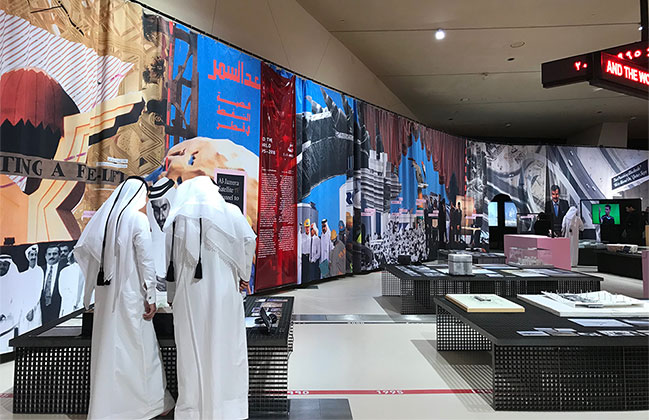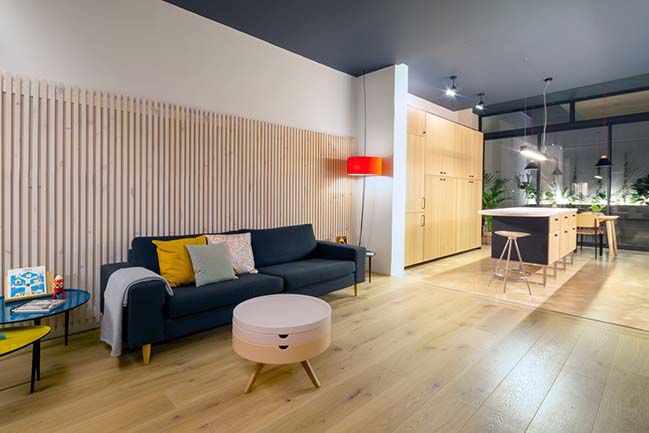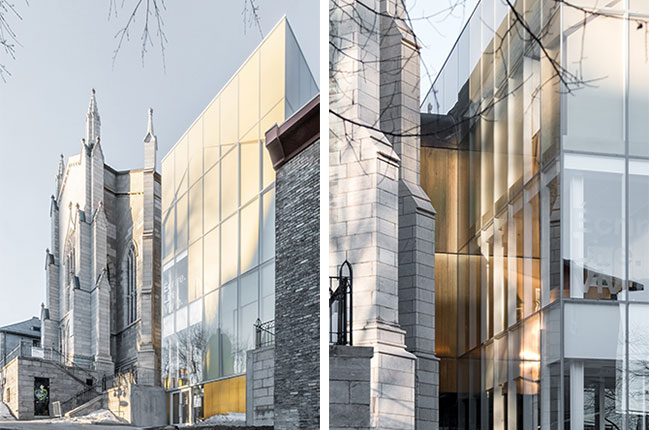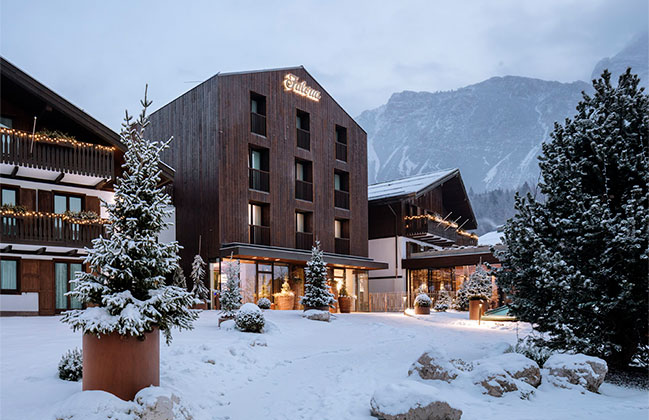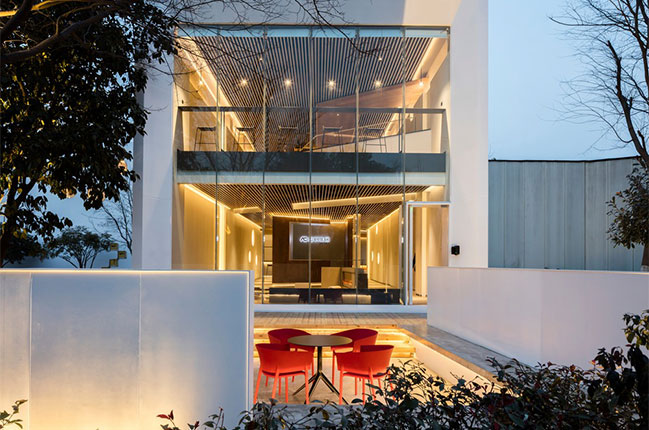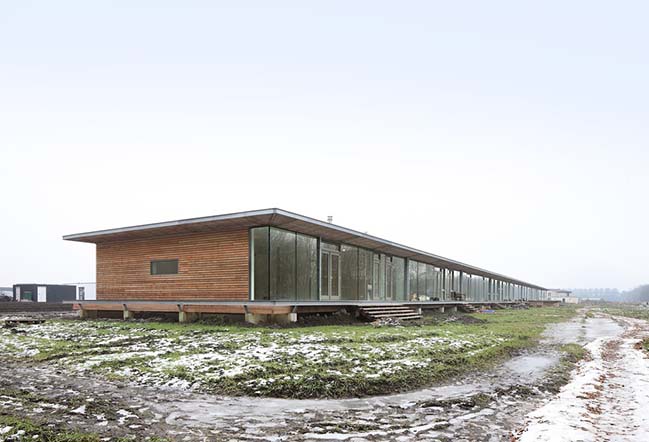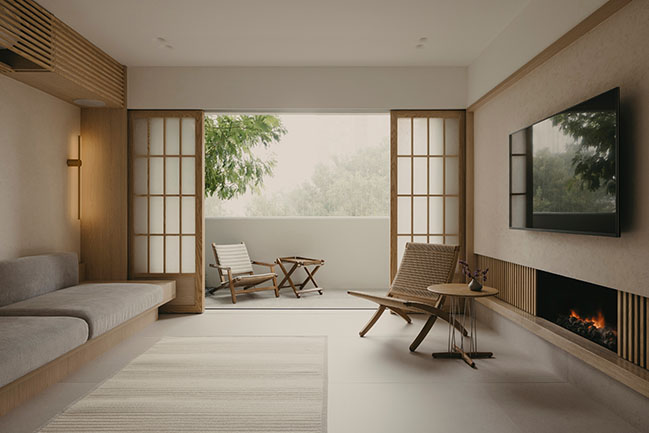04 / 01
2019
March Urban Art Centre is committed to transforming the space into a showcase with the spiritual and cultural features of the Dongsi Community, upgrading the original space into Dongsi Museum.
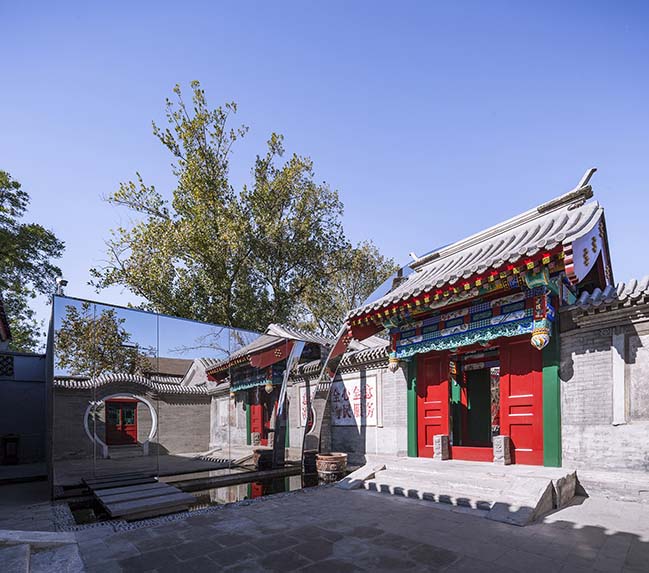
Architect: March Urban Art Centre
Client: Capital Urbanization Group
Location: 77 Courtyard, Dongsi Sitiao, Beijing, China
Year: 2018
Area: 1,023 sq.m.
Producer: Jeffrey Zhang
Planning and Public Art: Dr. Jack Tian
Design Principle: Rik Zou, Jing Liu
Design team: Xingang He, Changxin Zhao, Qiang Fu, Liying Qiu
Photography: Weiqi Jin

From the architect: Dongsi Culture Centre, formerly known as Dongsi 77 Courtyard, is located in one of the 25 historical and cultural heritage areas in the old city centre of Beijing. It has been set up as the first historical and cultural region in China. In order to alleviate the non-core functions of capital, the project focuses on its historical context, protecting the ancient capital scenery and cultural assets.
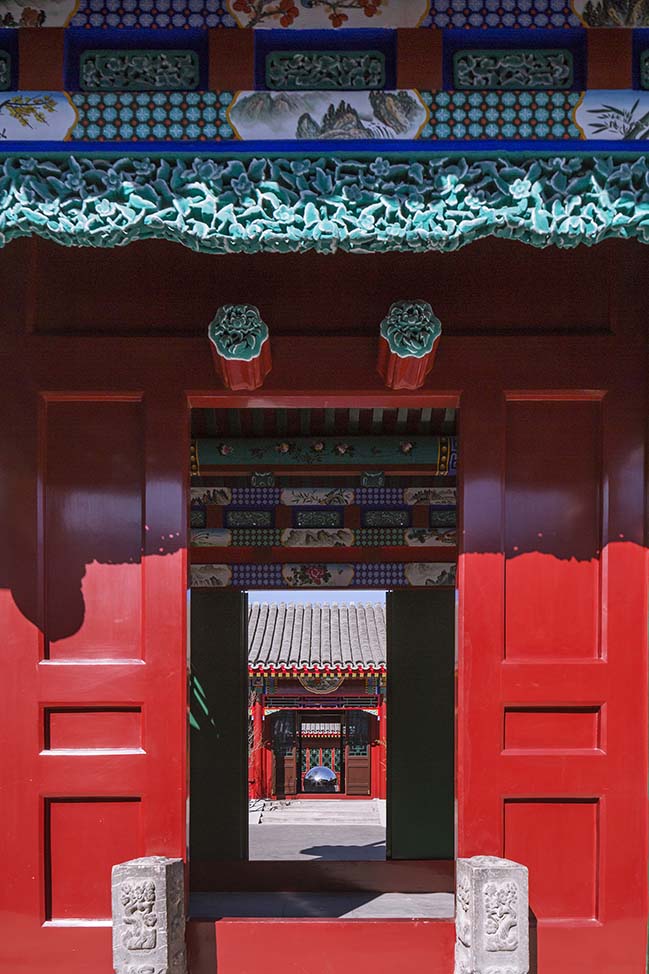
On the basis of effectively protecting the original city landscape and features, the project combines the renewal of regional business forms in environmental governance, community governance, space renovation and comprehensive transportation system to create a demonstration zone with comprehensive environmental management in Dongsi heritage area.

March Urban Art Centre is committed to transforming the space into a showcase with the spiritual and cultural features of the Dongsi Community, upgrading the original space into Dongsi Museum. The renovated museum space will serve as a space for cultural practice and experience. The design approach to the narrative makes the heritage story of time and space relevant to today’s visitors, by revealing the connective threads between the past, present and future.
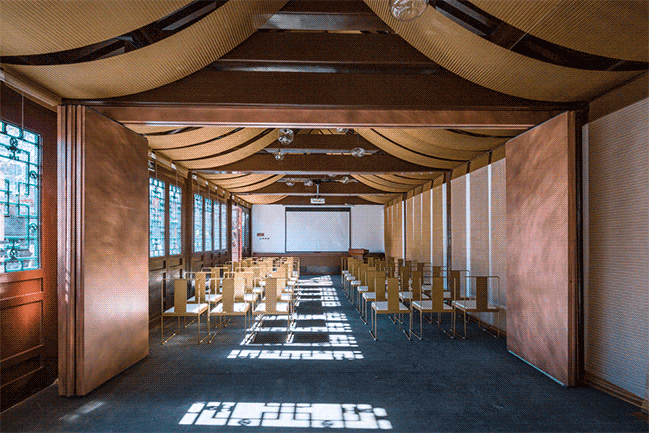
The renovation space will be appealing to diverse audience groups, shared experiences interweave with interpretation targeted specifically for children, adults, learning and engagement participants, community members, specialists and enthusiasts.
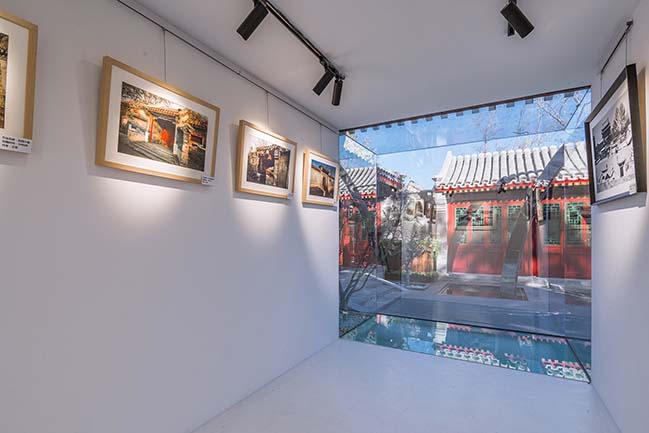
The display techniques we suggest to interpret a listed building include: remaining sympathetic to the existing fabric through minimal interventions; creating a distinct legibility between old and new; finding non-destructive ways of attaching physical elements to the building; making reversible interventions; and most importantly, privileging non-intrusive interpretive techniques such as audiovisual presentations, projections and live performance.
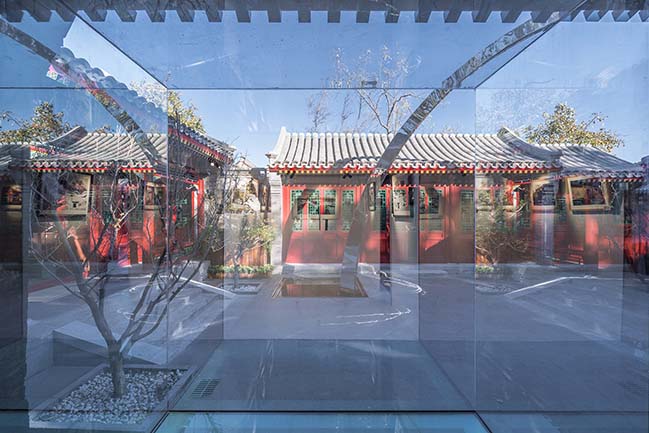
Meantime, space will carry the function of cultural popularization education, showing that Capital Urbanization Group attaches great importance to the social responsibility of cultivating and creating a good social and cultural environment for the next generation.
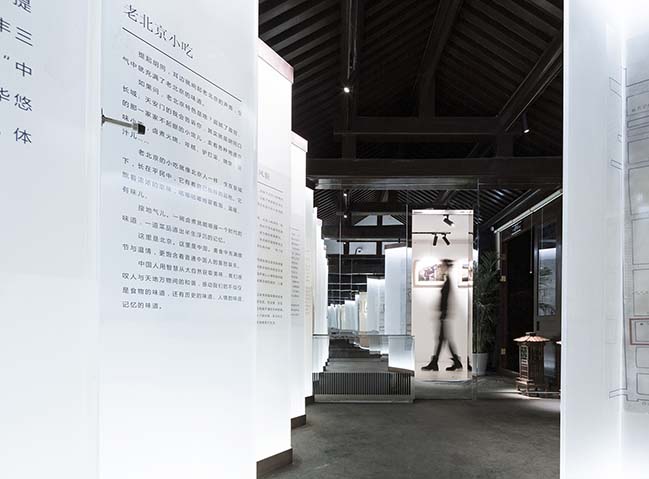
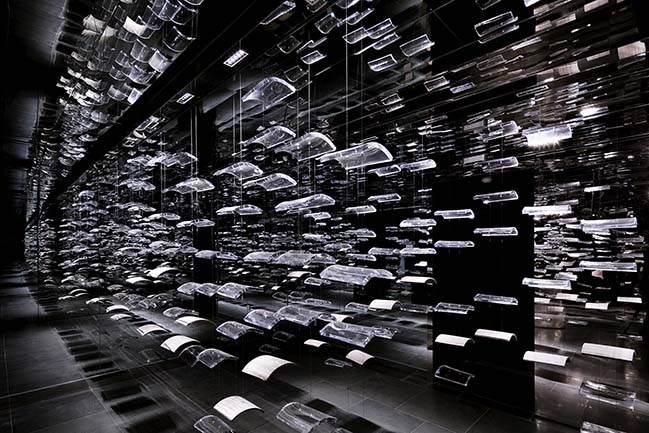
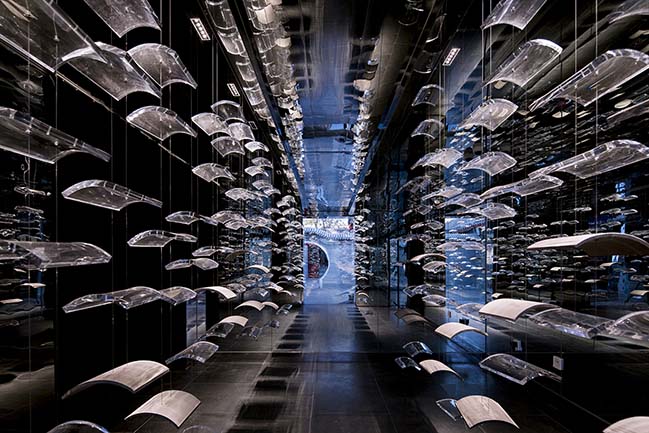
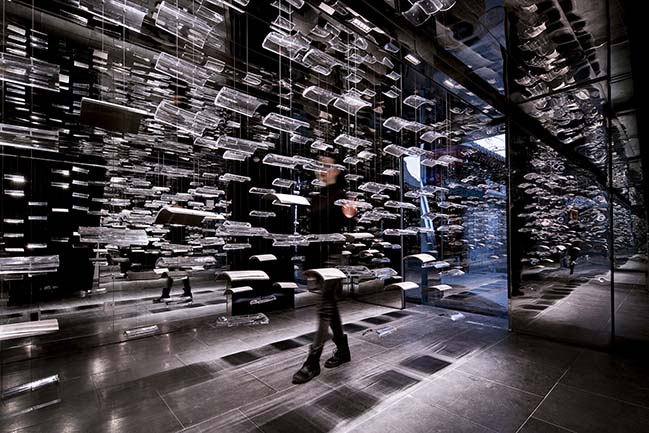
YOU MAY ALSO LIKE: CO2 Pavilion Beijing by Superimpose Architecture
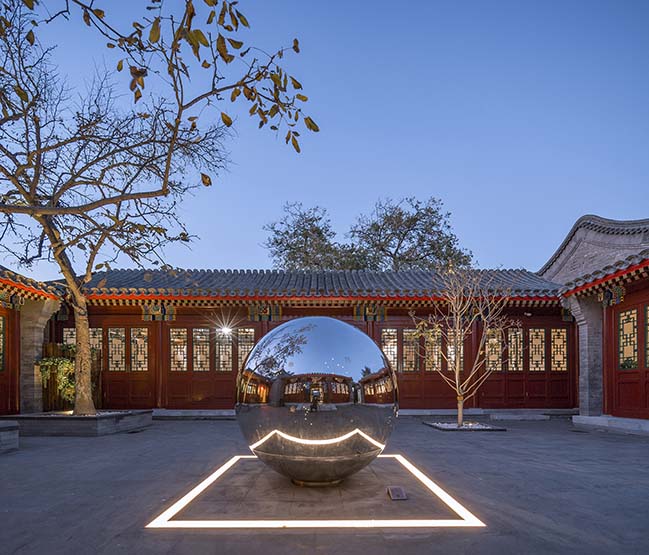

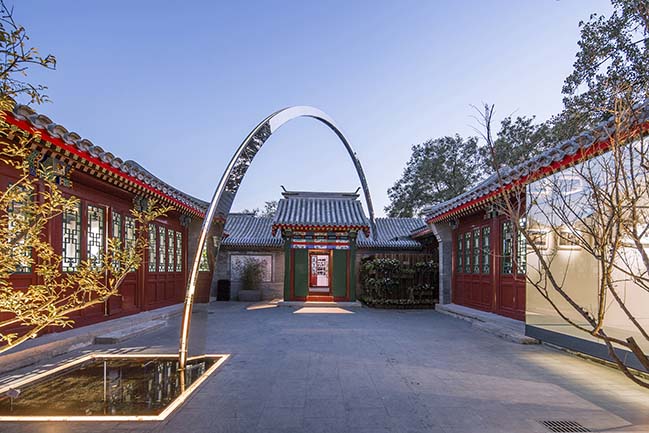
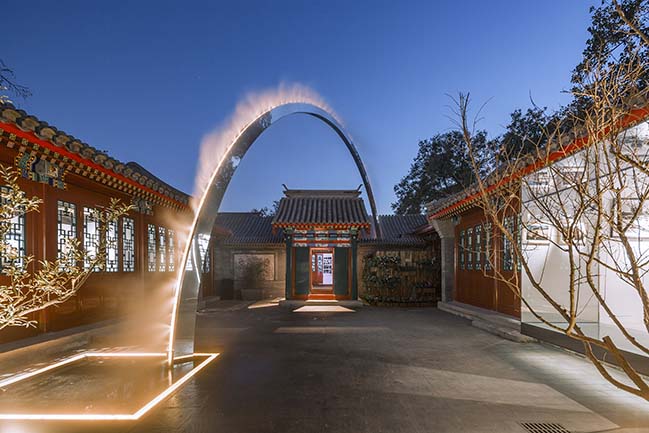
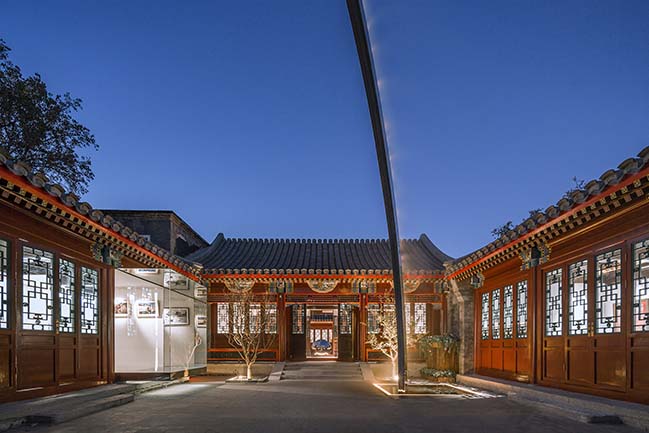
YOU MAY ALSO LIKE: M-Cube Shopping Centre in Beijing by MVRDV
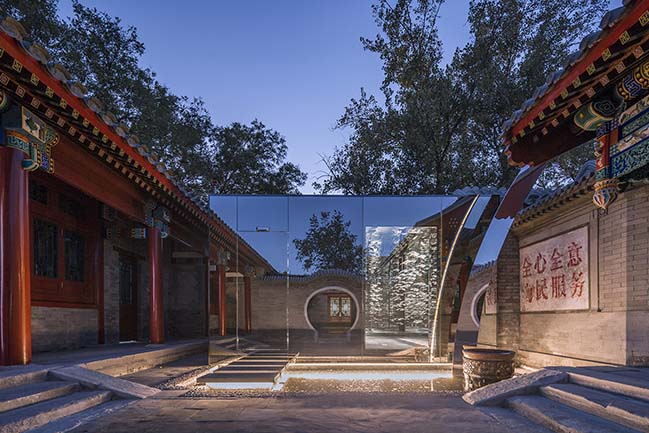
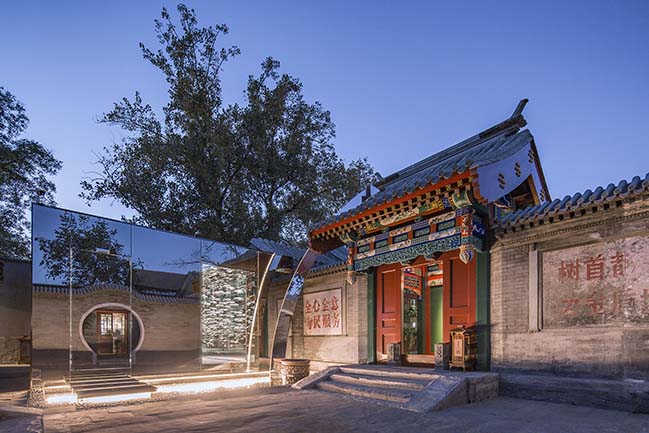
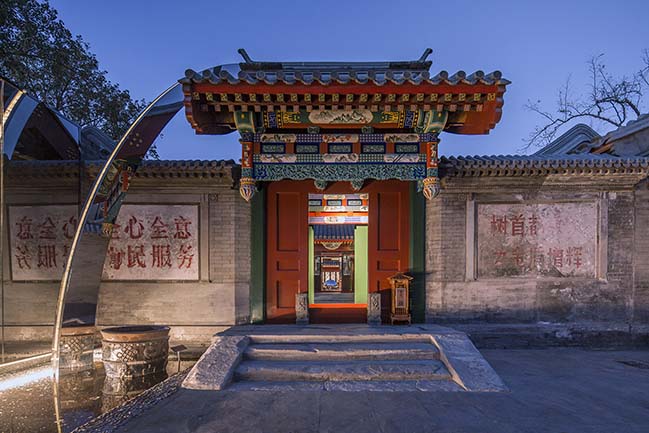
[ VIEW MORE ARCHITECTURAL PROJECTS IN CHINA ]
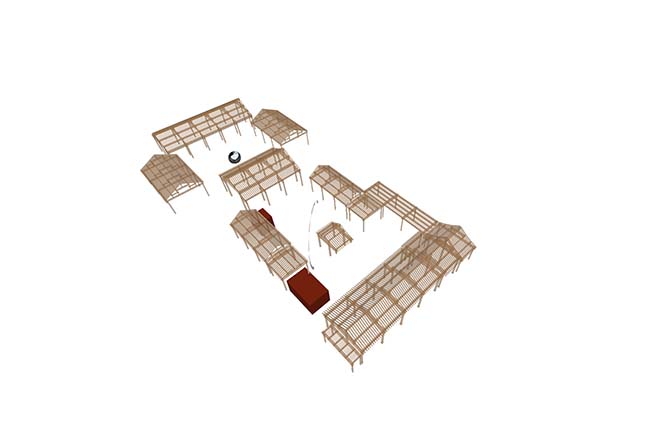
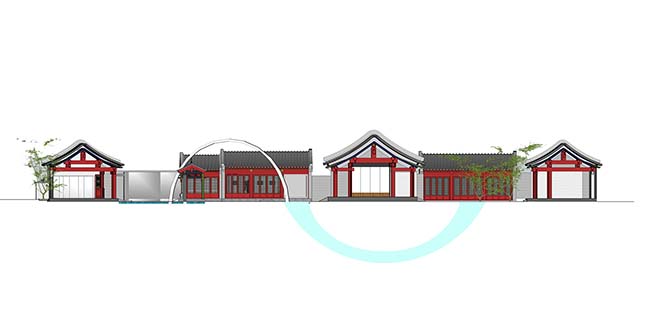
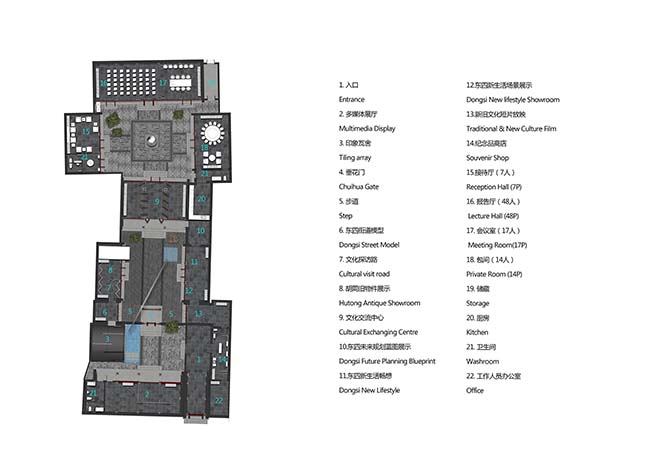
Dongsi Culture Centre by March Urban Art Centre
04 / 01 / 2019 March Urban Art Centre is committed to transforming the space into a showcase with the spiritual and cultural features of the Dongsi Community...
You might also like:
